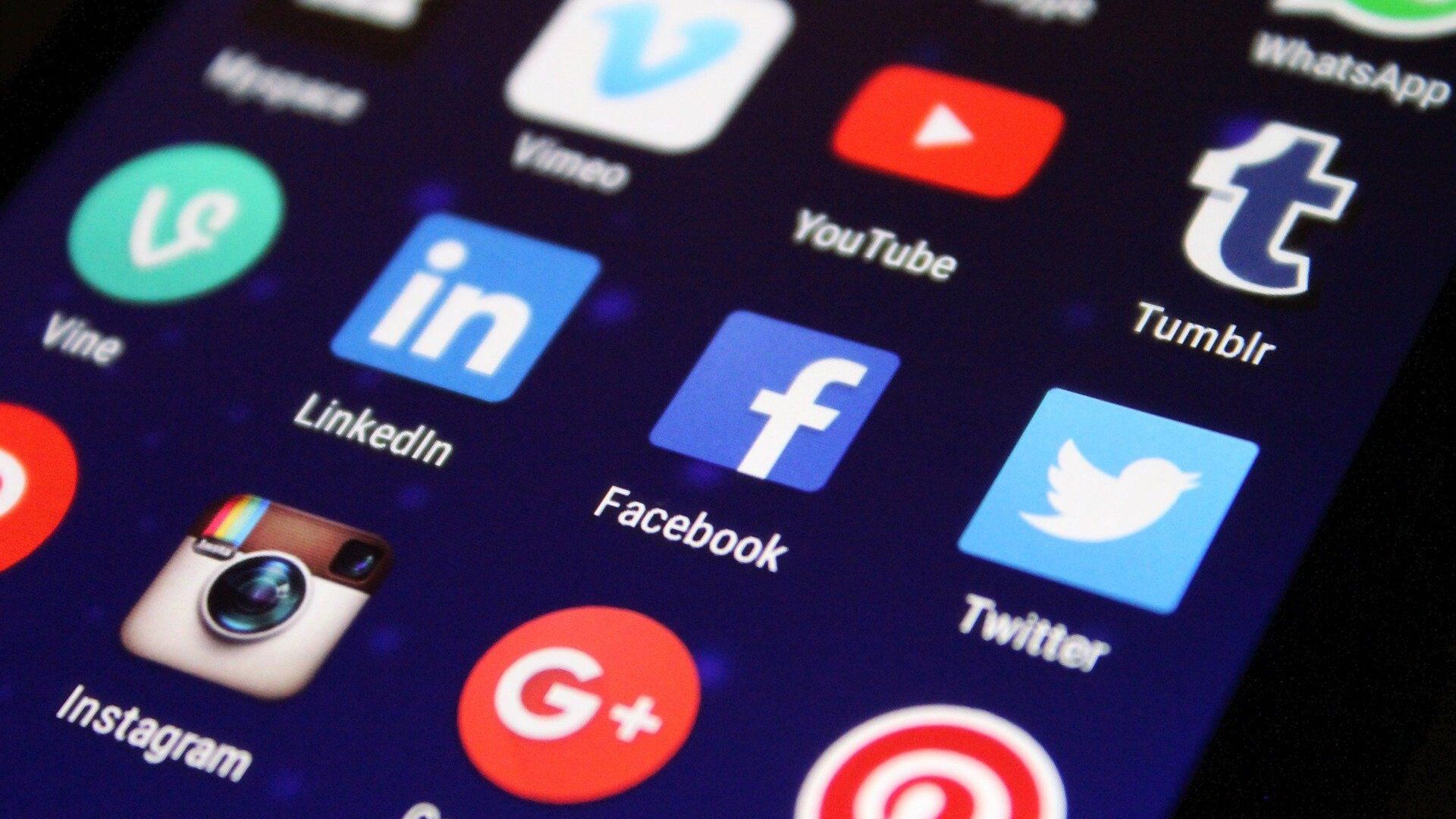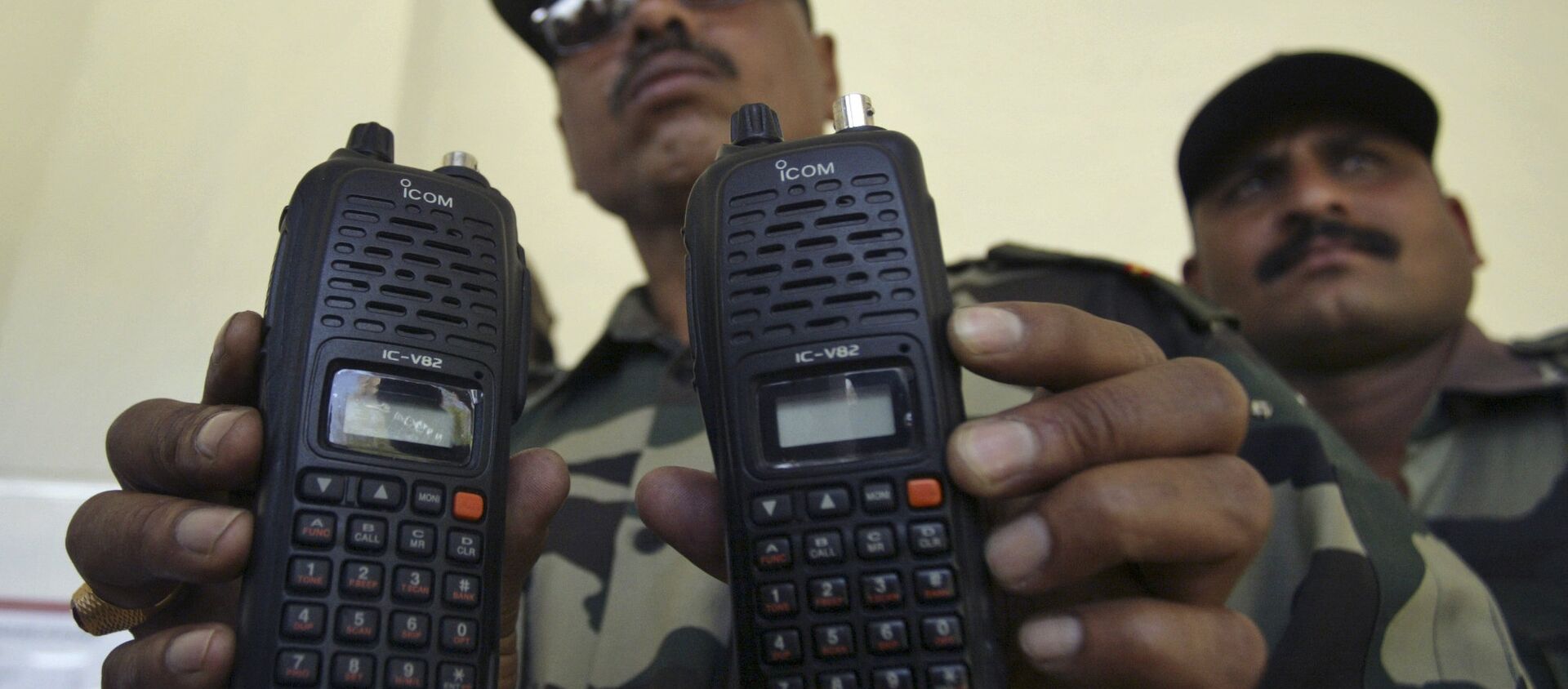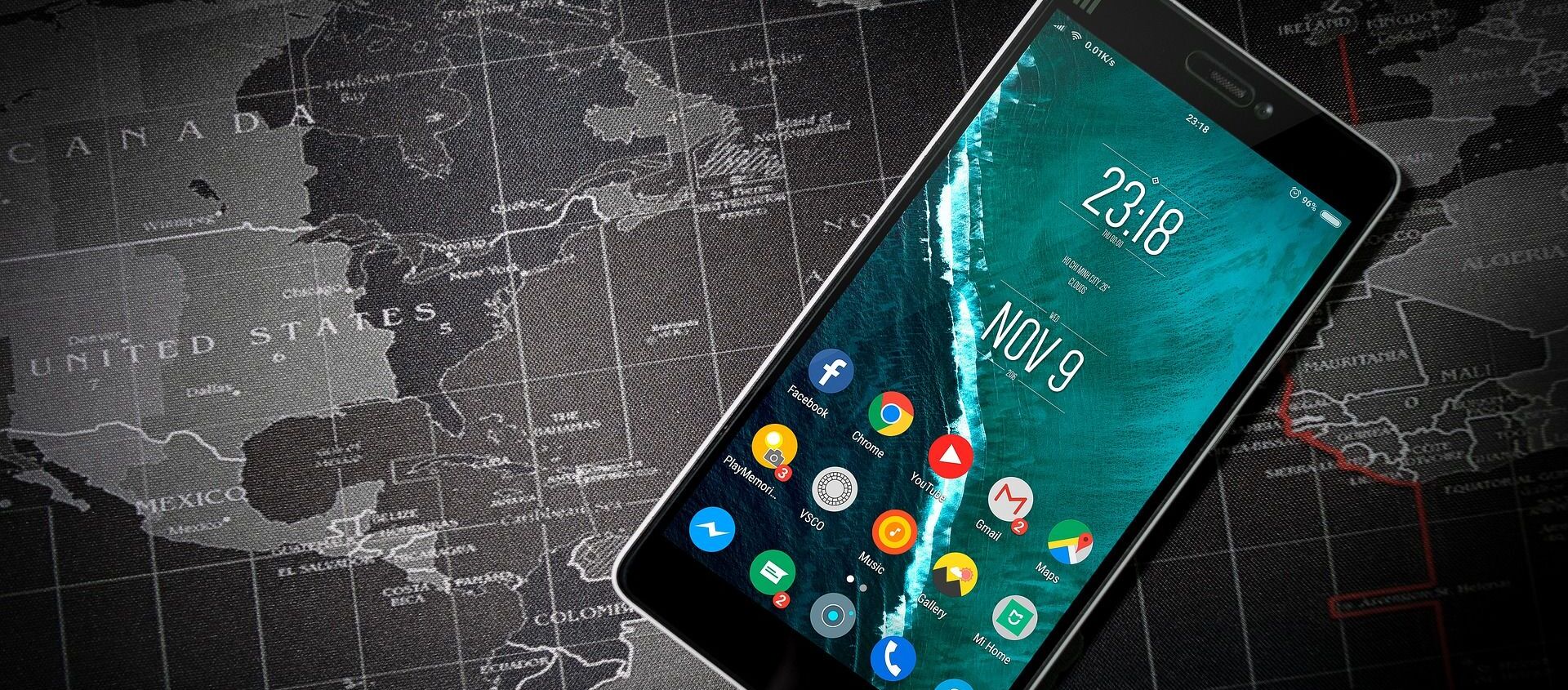Against the backdrop of user privacy worries and compliance issues with foreign apps, Indian government officials are reportedly abandoning Twitter and WhatsApp to join their respective Made-in-India alternatives Koo and Sandes – reported Indian media on Monday.
Here’s Why Indian Government Accounts Are Choosing to 'Koo' rather than Twitter
Officials from India’s federal Ministry of Electronics and Information Technology (MeitY) and many of its underlying organisations have switched to Koo, a Made-in-India alternative to micro blogging platform Twitter. Made in Bengaluru, Koo launched back in March 2020 and has garnered over one million downloads on Google PlayStore since.
— Radhika Parashar (@_RadhikaReports) February 8, 2021
The switch of MeitY officials from Twitter to Koo is noteworthy because in recent days, MeitY asked Twitter to block over 2,000 accounts that posted questionable content regarding the ongoing farmers' protests in Delhi.
In a notice, MeitY told Twitter that these listed accounts were using specific hashtags to incite communal disharmony and violence. Some accounts were also named for their alleged origins in Pakistan and tweets favouring the Khalistan movement.
The Khalistan movement demands a separate country for Sikhs be carved out of the northern Indian state of Punjab. The movement witnessed a rise in the 1980s and almost fizzled out in 1990s after action was taken by the Indian government.
On receiving the first notice from the Indian government last week, Twitter suspended around 200 accounts belonging to media publications and farmer unions, but later restored some saying their tweets were newsworthy.
Twitter’s non-compliance to formal requests did not go down well with the Indian government, which has now threatened the micro-blogging platform with a legal case and it's owners with up to seven years in prison if the listed “notorious” accounts are not removed from the app.
Presently, MeitY, MyGov, Digital India, India Post, Common Services Center, UMANG app, and Digi Locker among other government-backed organisations and apps have secured verified handles on Koo.
And Here’s Whats Up with WhatsApp
The Indian government had been working on developing its own WhatsApp-like messaging app to safeguard the sharing of sensitive information among officials.
Initially named “Government Instant Messaging System (GIMS)," the app is currently being tested by government officials under its new name “Sandes,” Business Standard has reported. "Sandes” is the Hindi word for “message.”
The iOS and Android running app is being handled by The National Informatics Centre (NIC), which comes under MeitY and develop government apps.
— Radhika Parashar (@_RadhikaReports) February 8, 2021
The news of Sandes’ testing comes at a time WhatsApp’s latest privacy policy is drawing major flak from around the world, including India.
In its policy update, WhatsApp admitted to sharing some user-data from its 2018-launched “Business” app with Facebook – in order to personalise the buying and selling experiences of merchants and customers connecting via the app.
WhatsApp users from around the world have expressed uneasiness with this mandatory update – as a result, the Facebook-owned messaging platform decided to push its update execution by three months.
National security concerns over sharing information via WhatsApp also erupted back in 2019, when the app admitted it was breached by Israeli spyware Pegasus that was snooping on several Indian public figures including scientists, journalists, and politicians.
In a bid to keep internal communication safe and within the nation’s boundaries, the Sandes app has been developed, which will first be made available to government officials.
Moving Forward Towards “Self Reliant” India
In 2020, Prime Minister Narendra Modi asked Indian app makers and tech players to innovate, so that India’s dependency on foreign-made applications and gadgets reduces with time.
Modi’s call to make India more self-reliant came after it banned several apps and cancelled several projects with China amid the ongoing border woes that began back in April 2020 after troops from both nations accused each other of trespassing the Line of Actual Control (LAC).
In September 2020, India’s Minister for Electronics and Information Technology Ravi Shankar Prasad revealed that out of nearly 7,000 Indian-made apps that reached the government for review, 24 have been carefully handpicked for their potential to go global.
The government of India is pushing young Indians to bring newer ideas because India is the world’s second largest market in terms of internet usage and smartphones with over 333 million and 500 million users respectively.






